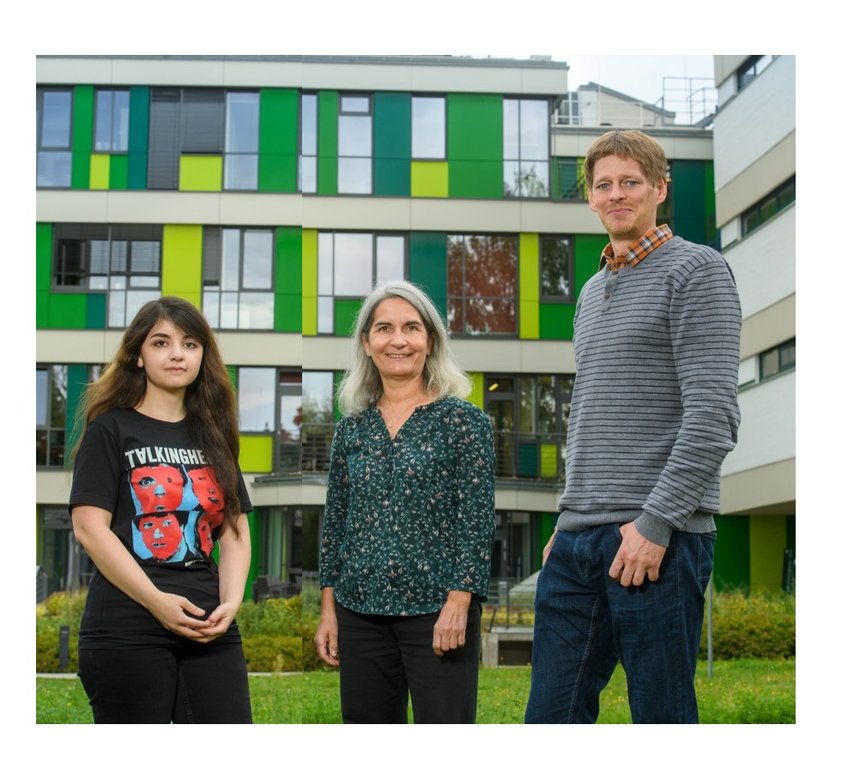
Mass Spectrometry Facility
a combination of scientific service with own research interests
The Mass Spectrometry group performs small to large scale proteomic and metabolomic analyses for all research groups at the MPIMG. We provide a versatile proteomics and metabolomics platform for the institute including sample preparation, sample digestion, mass spectrometry, and data analysis. For more details of provided and possible methods and work-flows, please visit our INTRANET site (internal only).
Beside the mass spectrometry service for the entire MPIMG, we perform our own research projects and are involved in several externally funded projects.
Our lab aims to decipher molecular mechanisms in renal tumors, specifically in malignant clear cell-, chromophobe-, and papillary renal cell carcinomas (RCC) and the benign renal oncocytomas.
Chromophobe renal cell carcinomas (chRCC) are derived from intercalated cells of the collecting duct and comprise approximately 5% of all renal cancers. Papillary renal cell carcinoma (pRCC) is a heterogeneous disease, representing 7-20% of all renal cancers, subdivided into the clinically and biologically distinct entities type I and type II. In contrast, renal oncocytomas are rare benign tumors, derived from intercalated cells, and characterized by a deficient complex I (CI) enzyme activity of the oxidative phosphorylation (OXPHOS) system caused by mitochondrial DNA (mtDNA) mutations.
Our research strategy integrates proteome- and metabolome profiling with “state of the art” mass spectrometers: For high-resolution proteome profiling, a nanoLC systems, online coupled to a Q Exactive HF (Thermo) is used. For metabolomics, an Agilent ultra-high pressure liquid chromatography (UHPLC) unit, online coupled to the triple quadrupole mass spectrometer QTRAP 6500 (Sciex) is used, based on the multiple reaction monitoring (MRM) method. This allows us to study dysregulations between the tumors and healthy control tissues on the molecular level. By the introduction of isotope tracers for dysregulated metabolic pathways in cell line models, known as fluxomics, we aim to uncover regulatory mechanisms critical for survival and progression of the tumors.